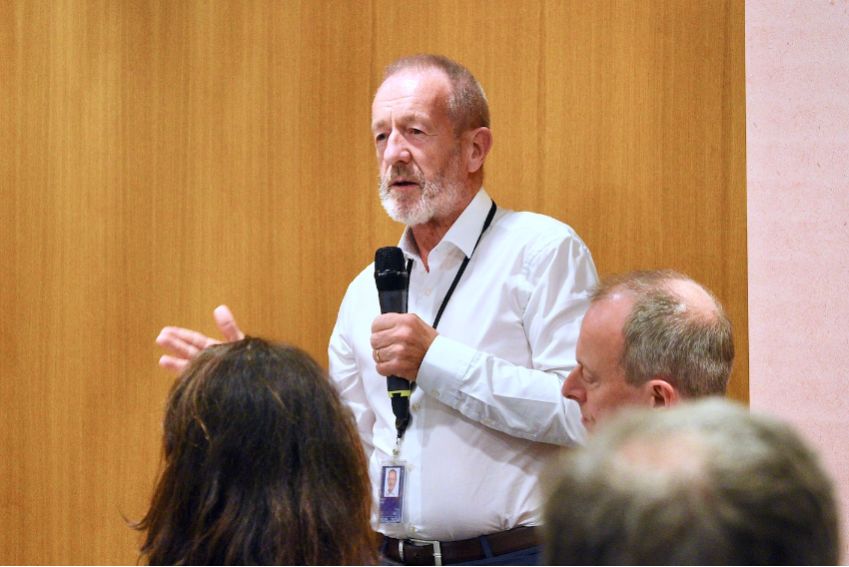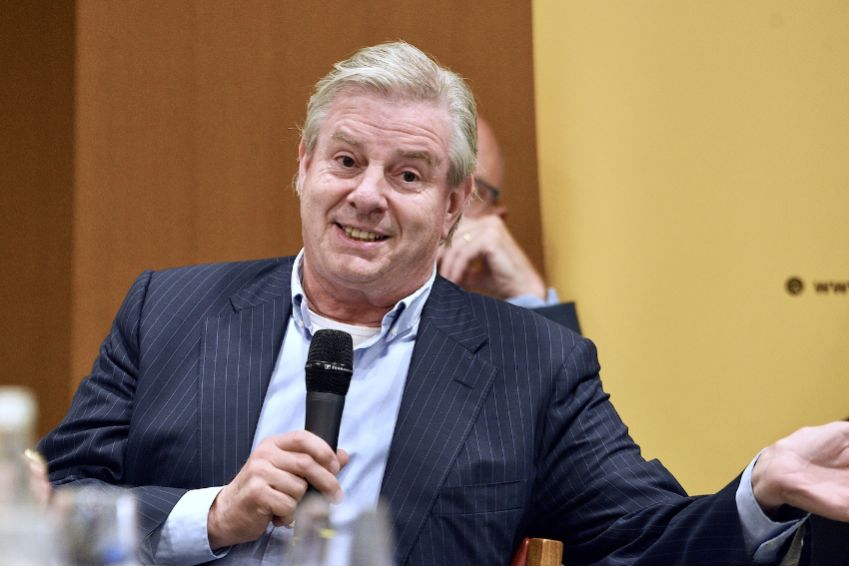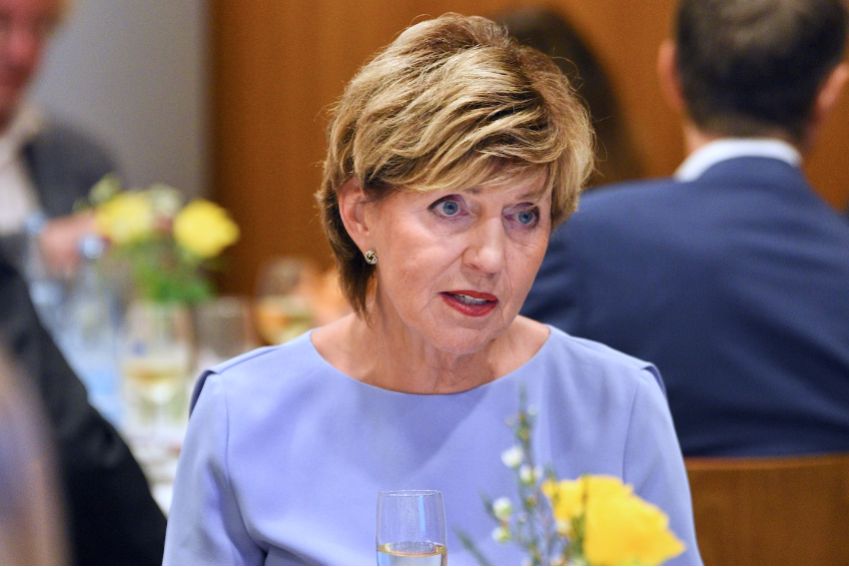Corrugated cardboard packs and protects 75% of goods which are transported and delivered across Europe. With more than a 90% recycling rate in reality, allowing the packaging to be recycled into new packaging over and over again. The corrugated cardboard industry is amongst Europe’s largest contributors to recycling. The new Packaging and Packaging Waste Regulation (PPWR) puts this industry at risk. With a newfound focus on reuse over recycling without real consideration for which is the best option for the environment, society or economy, decades of work risks being undone.
In a dinner debate attended by stakeholders from the corrugated cardboard sector and MEPs at the European Parliament in Strasbourg, hosted by The Parliament, MEP Massimiliano Salini outlined the key issue stemming from the legislation. “Discussion and negotiations are proceeding slowly because there is a big distance between the content of the proposal and the reality” he explained. And he is correct. The PPWR proposal was introduced to the European Parliament in November 2022. Several committees voted on their opinions in the summer 2023 and the leading ENVI committee is expected to vote in October 2023.
Central to the gap between the content of the proposal and reality is the shift from recycling to reuse. This is driven by the objectives of the legislation having changed from waste management to waste prevention . “This shift represents a move from packaging being an environmental discussion to a lifestyle discussion” highlighted MEP Salini. Yet, this shift seems to be ill advised. Fady Gemayel, President of FEFCO, the European Federation of Corrugated Board Manufacturers, said that the corrugated industry has already reduced their packaging weight by 9% per square metre in the past decade.
Not only this, but corrugated cardboard is a fully circular industry. According to MEP Sean Kelly, having a circular economy and industries “is one of the ideals of Europe at the moment”. He therefore raised the question, why would policy makers interfere with a true circular economy? Saverio Mayer, Vice President of FEFCO and CEO Europe Smurfit Kappa, reminded attendees that “corrugated cardboard disappears from the planet as it’s biodegradable and doesn’t harm its surroundings” if it were to case accidentally end up in nature. He also added that “in their initial impact assessment, the European Commission spotted cardboard as the material with the highest waste packaging volume, demonstrating the importance of the corrugated cardboard packaging in protecting and transport goods.

A further key concern of the legislation focused around the shortcomings of impact assessments. For MEP Kelly, these impact assessments are needed but, currently, they are not comprehensive enough. “Impact assessments from the European Commission look at economic, environmental and social effects, but they don’t take into account many side effects and unintended consequences, including the potential negatives around usage of water, increase of traffic, logistics and environmental impacts.
Concerns around impact assessments were shared by MEP Antonio Manders. “Too often we are hiding behind impact assessments” he argued, adding that “too often we dare not to have our own arguments and therefore we don’t think about what’s right for society”.

The discussion shone a light on some of these key side effects and unintended consequences caused by PPWR, which were neglected by the initial impact assessments. Another key issues widely discussed at the dinner was the rise of plastic production and waste. With the well-known issues surrounding plastic packaging, MEP Salini stated that “it makes no sense to change from cardboard back to plastic”. This was a point powerfully reinforced by Saverio Mayer. In a wide-ranging intervention, he asked the audience to consider their most recent trip to the beach. In doing so, he told the audience to think about the waste they saw littered across the beach, underlining that the majority of this would be plastic, not cardboard. According to Mayer, a switch to plastic for transport packaging would lead to an extra 8.1 billion additional plastic crates and containers needing to be made for reuse schemes. This would lead to the planet taking on 12 billion tonnes more of plastic.
Concerns were also raised around the extra challenges and impacts created by reuse, with these centring around increased use of fossil resources, according to Fady Gemayel. Furthermore, reusable transport packaging would have to be standardised.
This standardised packaging, notably for e-commerce, creates greater -empty space inside containers and leads to more journeys having to be made to deliver goods. According to FEFCO calculations, replacing corrugated cardboard with reusable transport packaging in the French fruit and vegetable market would lead to over 10,000 extra truck trips each year in France alone.It also means more trucks on the road to return empty packaging to cleaning stations to meet hygiene requirements. Plastic boxes also would have to be industrially cleaned and sanitised after each use.

Meeting these hygiene standards also raises further environmental concerns around water usage.
So, what’s next? FEFCO members in the room reinforced their commitment to reducing packaging waste and meeting the EU’s 2050 climate targets. Moreover, the debate called for reuse and recycling to be seen as complimentary solutions. According to MEP Salini, “The European Parliament has to be strong to protect the role of recycling and cardboard”.
For the stakeholders in the corrugated cardboard industry, “this legislation can be life or death” argued Saverio Mayer. One thing is for sure, the debate around PPWR is far from over.
In partnership with
.png)
This article was produced in partnership with FEFCO, the European Federation of Corrugated Board Manufacturers, Europe's leader in sustainable, biodegradable packaging.
Sign up to The Parliament's weekly newsletter
Every Friday our editorial team goes behind the headlines to offer insight and analysis on the key stories driving the EU agenda. Subscribe for free here.